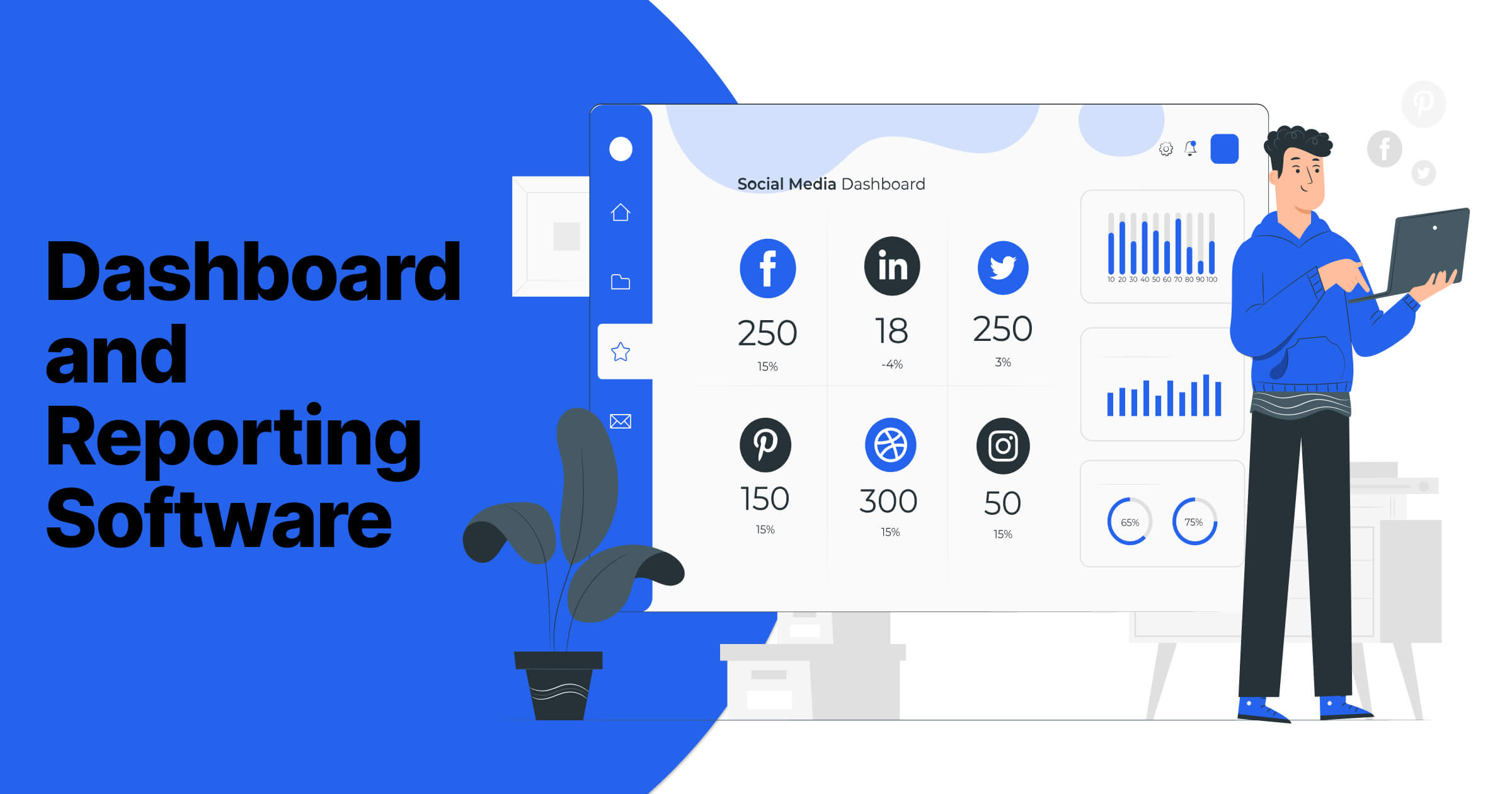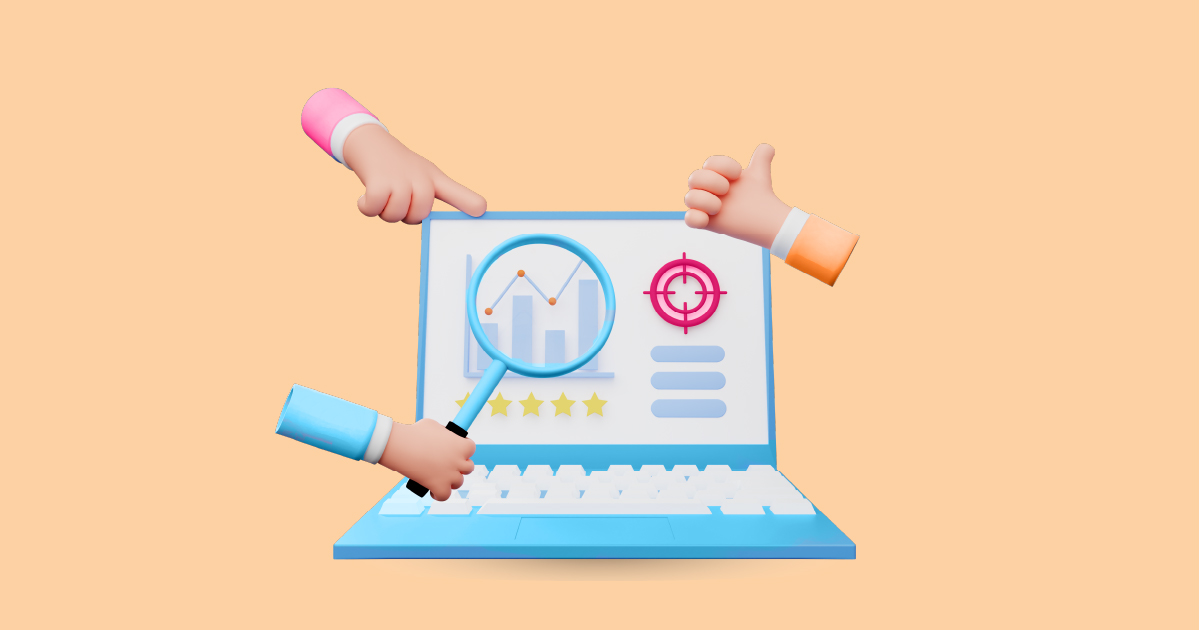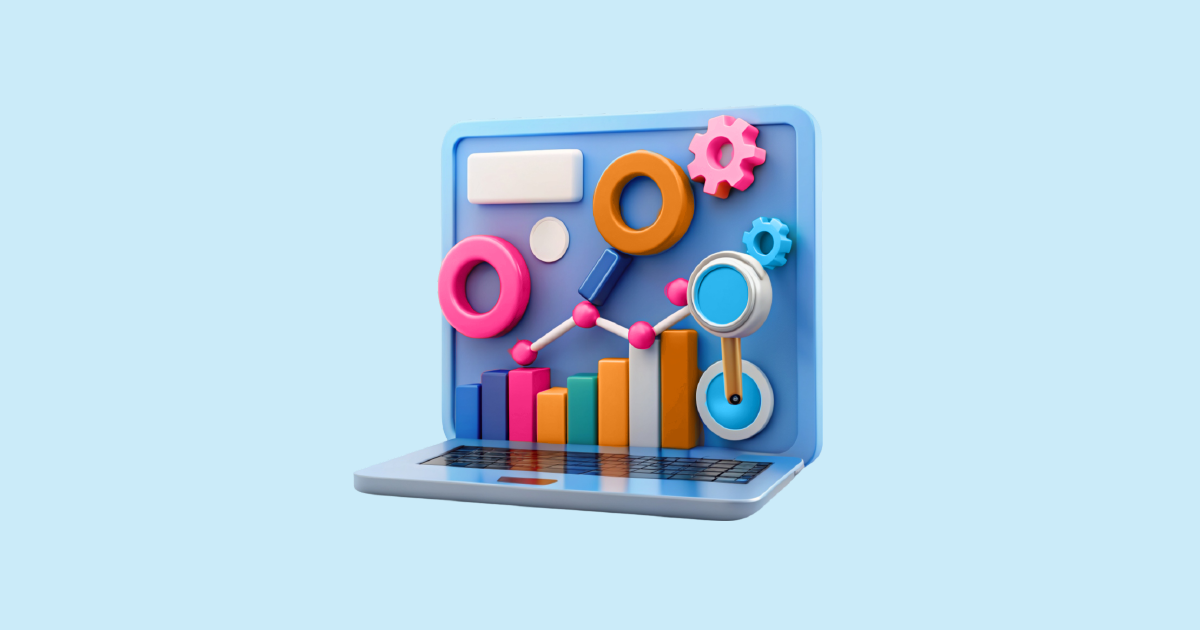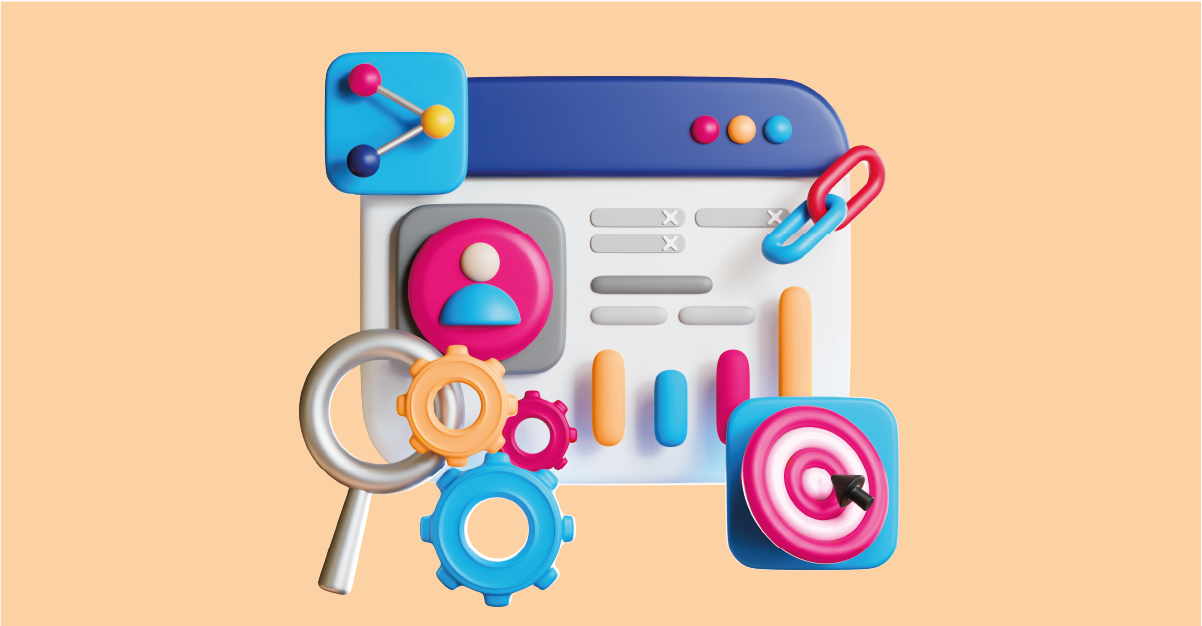In today’s digital age, businesses of all sizes recognize the critical role social media plays in their marketing strategies. From boosting brand awareness to engaging with customers, the impact of social media is undeniable. But how do you measure the effectiveness of your social media efforts? Enter social media reporting software—a game-changer in the realm of digital marketing.
What is Social Media Reporting Software?
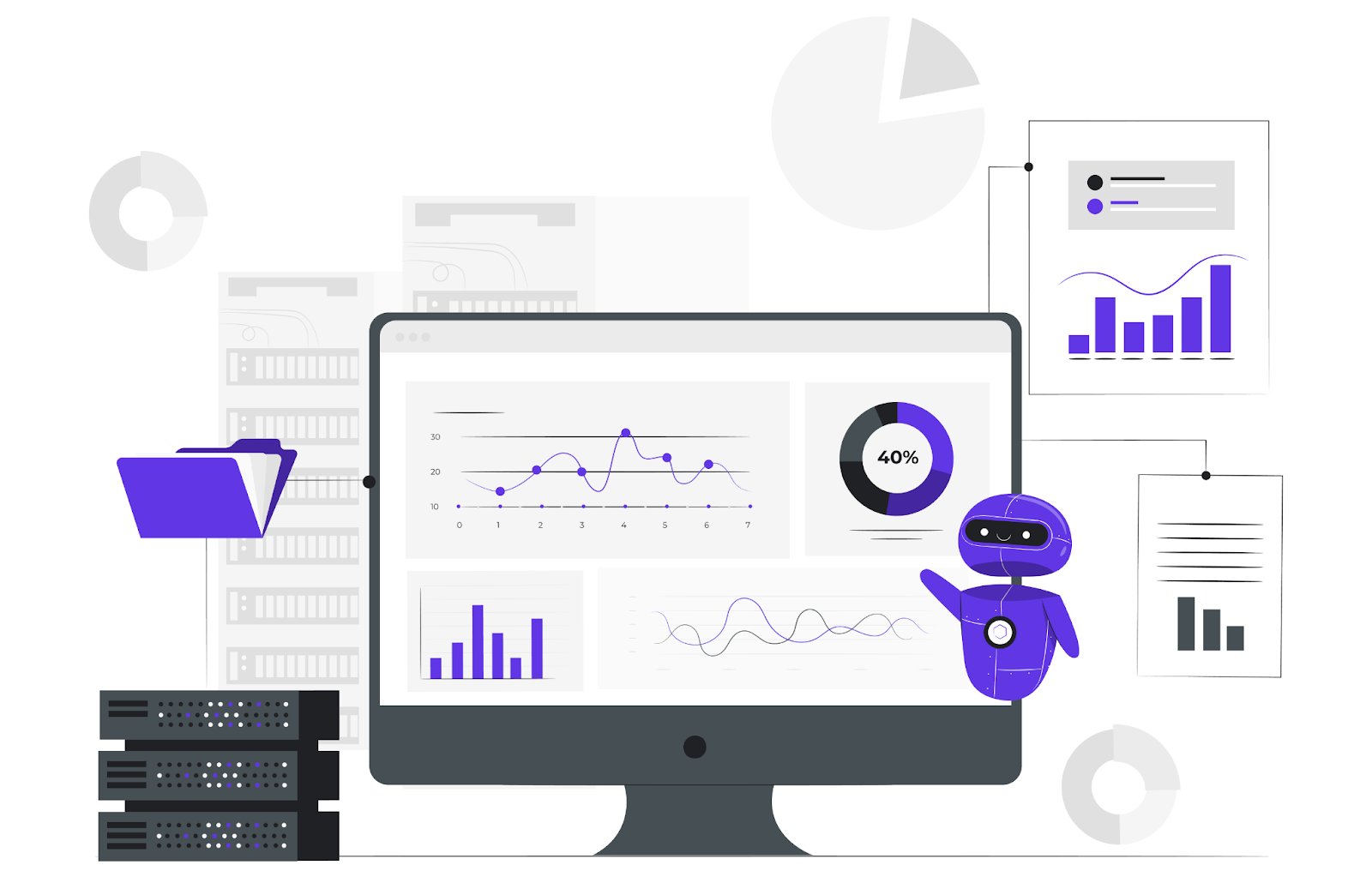
Social media reporting software is a tool designed to help businesses track, analyze, and report on their social media performance. It aggregates data from various social media platforms, providing insights that are crucial for making informed decisions and optimizing strategies.
Importance of Social Media Reporting
Why is social media reporting so important? In a nutshell, it provides clarity. With the vast amount of data generated on social media platforms, reporting software helps distill this information into actionable insights. It enables businesses to understand what’s working, what’s not, and how to improve their social media presence.
Understanding Social Media Reporting Software
1. Definition and Overview
At its core, social media reporting software collects data from different social media channels—like Facebook, Twitter, Instagram, and LinkedIn—and presents it in a unified, easy-to-understand format. This helps marketers track key performance indicators (KPIs) and measure the success of their campaigns.
2. Key Features to Look For
When choosing social media reporting software, certain features are essential. Look for tools that offer customizable dashboards, real-time reporting, multi-platform integration, automated reports, and historical data analysis. These features ensure you get comprehensive and accurate insights into your social media activities.
Benefits of Using Social Media Reporting Software
1. Time Efficiency
Manually gathering and analyzing social media data can be incredibly time-consuming. Social media reporting software automates this process, freeing up valuable time for your team to focus on strategy and execution.
2. Data Accuracy
Human error is inevitable when handling large datasets. Reporting software minimizes these errors by automatically collecting and processing data, ensuring your reports are accurate and reliable.
3. Comprehensive Analytics
These tools offer in-depth analytics that go beyond basic metrics like likes and shares. They provide detailed insights into audience demographics, engagement rates, and conversion metrics, giving you a fuller picture of your social media performance.
4. Improved Strategy Development
With clear insights at your fingertips, you can make more informed decisions about your social media strategy. Identify what types of content resonate most with your audience, the best times to post, and which platforms are driving the most engagement.
Top Features of Social Media Reporting Software
1. Customizable Dashboards
Customizable dashboards allow you to tailor the interface to display the metrics that matter most to your business. This personalization ensures you always have the most relevant data at hand.
2. Real-Time Reporting
Real-time reporting provides up-to-the-minute data, allowing you to quickly respond to trends and changes in your social media performance.
3. Multi-Platform Integration
Good reporting software integrates seamlessly with multiple social media platforms, consolidating data from all your channels into one cohesive report.
4. Automated Reports
Automated reports save time by scheduling regular updates that are sent directly to your inbox. This ensures you stay on top of your social media performance without lifting a finger.
5. Historical Data Analysis
Analyzing historical data helps you understand long-term trends and measure the impact of past campaigns. This historical perspective is crucial for strategic planning and forecasting.
How to Choose the Right Social Media Reporting Software
1. Assessing Your Needs
Start by identifying what you need from a reporting tool. Consider factors like the size of your business, the number of social media accounts you manage, and the specific metrics you want to track.
2. Comparing Different Tools
Once you have a clear understanding of your needs, compare different tools. Look at their features, pricing, user reviews, and the level of customer support they offer.
3. Reading Reviews and Testimonials
Reviews and testimonials from other users can provide valuable insights into a tool’s performance and reliability. Pay attention to feedback about ease of use, customer service, and overall satisfaction.
4. Free Trials and Demos
Many software providers offer free trials or demos. Take advantage of these offers to test out the tool and see if it meets your needs before committing to a purchase.
Popular Social Media Reporting Tools
1. AIM Insights
AIM Insights offers a robust suite of reporting features, including customizable dashboards and in-depth metrics. It’s a popular choice for businesses of all sizes.
2. Sprout Social
Sprout Social is known for its user-friendly interface and comprehensive reporting capabilities. It integrates with all major social media platforms and provides detailed analytics.
3. Buffer Analyze
Buffer Analyze focuses on simplicity and ease of use, making it a great option for small businesses and solo entrepreneurs. It provides essential metrics without overwhelming the user.
4. Google Analytics
While not exclusively a social media reporting tool, Google Analytics offers powerful insights into social media traffic and engagement. It’s an excellent complement to dedicated social media tools.
5. Socialbakers
Socialbakers provides advanced analytics and reporting, with a strong emphasis on AI-driven insights. It’s ideal for larger businesses looking for deep, data-driven analysis.
Setting Up Social Media Reporting Software
1. Initial Configuration
Setting up your reporting software starts with the initial configuration. This involves connecting your social media accounts and customizing the dashboard to suit your needs.
2. Connecting Social Media Accounts
Ensure that all your social media accounts are connected to the reporting tool. This integration is crucial for accurate and comprehensive data collection.
3. Setting Up Custom Reports
Custom reports allow you to focus on the metrics that matter most to your business. Tailor these reports to track specific KPIs and performance indicators.
4. Scheduling Automated Reports
Set up automated reports to be delivered at regular intervals. This keeps you updated on your social media performance without having to manually generate reports each time.
Best Practices for Using Social Media Reporting Software
1. Regularly Updating Your Data
Keep your data up-to-date by regularly syncing your social media accounts with the reporting tool. This ensures you have the most current information for analysis.
2. Focusing on Key Metrics
Identify the key metrics that align with your business goals and focus on those. This targeted approach helps you avoid data overload and stay focused on what’s important.
3. Sharing Insights with Your Team
Share the insights gained from your reports with your team. This collaborative approach ensures everyone is on the same page and can contribute to refining your social media strategy.
4. Continuously Refining Your Strategy
Use the insights from your reports to continuously refine and improve your social media strategy. Stay adaptable and be ready to make changes based on what the data tells you.
Case Studies
1. Small Business Growth
A small e-commerce business saw a 50% increase in sales after using social media reporting software to identify and capitalize on the best-performing content.
2. Influencer Marketing Success
An influencer marketing agency streamlined its reporting process, saving countless hours and improving client satisfaction by using automated reports and detailed analytics.
3. Enhanced Customer Engagement
A retail brand improved customer engagement by 30% after using reporting software to better understand and respond to audience preferences.
Challenges and Solutions
1. Data Overload
Too much data can be overwhelming. Focus on key metrics and use customizable dashboards to filter out unnecessary information.
2. Integrating Multiple Platforms
Integrating multiple social media platforms can be challenging. Choose a tool that offers seamless integration and supports all the platforms you use.
3. Ensuring Data Security
Data security is crucial. Ensure your reporting software uses robust security measures to protect your data.
4. Interpreting Data Correctly
Interpreting data correctly requires a clear understanding of what the metrics mean. Invest time in learning how to read and interpret reports effectively.
Future Trends
1. AI and Machine Learning Integration
AI and machine learning are set to revolutionize social media reporting by providing deeper insights and more accurate predictions.
2. Enhanced Personalization
Expect to see more personalized reporting options that cater to the unique needs of different businesses and industries.
3. Predictive Analytics
Predictive analytics will become more prevalent, helping businesses forecast future trends and plan accordingly.
4. Increased Focus on Privacy
With growing concerns about data privacy, future reporting tools will place a greater emphasis on ensuring user data is protected.
Conclusion
Social media reporting software is an indispensable tool for businesses looking to optimize their social media strategies. By providing accurate, comprehensive, and actionable insights, these tools help businesses save time, improve accuracy, and develop more effective strategies. Whether you’re a small business or a large enterprise, investing in the right social media reporting software can significantly enhance your social media performance and ROI.
Ready to see how social media reporting software can transform your business? Request a demo from AIM Technologies today and discover the power of data-driven social media strategies!
FAQs
What is the best social media reporting software for small businesses?
- Hootsuite Analytics and Buffer Analyze are excellent choices for small businesses due to their user-friendly interfaces and comprehensive reporting features.
Can social media reporting software track all social media platforms?
- Most social media reporting software can track major platforms like Facebook, Twitter, Instagram, and LinkedIn. However, it’s important to check if the tool supports all the platforms you use.
How often should I generate social media reports?
- It’s advisable to generate reports at least once a month. However, for more dynamic insights, weekly or even daily reports can be beneficial.
Is it necessary to have technical skills to use social media reporting software?
- Most social media reporting tools are designed to be user-friendly and do not require advanced technical skills. However, some familiarity with basic data analysis can be helpful.
How does social media reporting software improve ROI?
- By providing detailed insights into your social media performance, these tools help you make informed decisions, optimize your strategies, and ultimately achieve a better return on investment.
